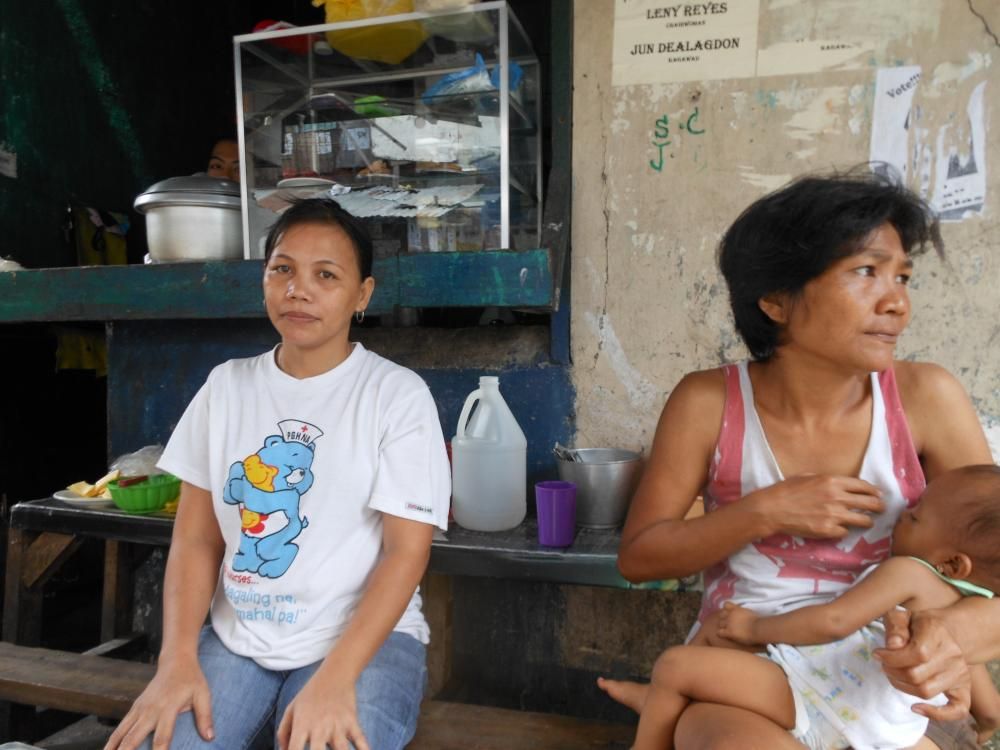ABORTION AND FAITH IN ASIA
Abortion was outlawed in Indonesia nearly a century ago, but as Pulitzer Center senior editor Tom Hundley discovers, it is quite easy to obtain one. Indonesia, the most populous Muslim country in the world, also has one of the highest abortion rates in the world. As reproductive health professionals, policy-makers and politicians wrestle with the implications of this, a spirited debate within Muslim religious circles on family planning and reproductive health has led to some surprising outcomes.
In a wide-ranging feature for Foreign Policy, Tom looks at Indonesia and the Philippines, two rapidly modernizing countries in Southeast Asia where religious belief—Catholicism in the case of the Philippines—and tradition play a critical role in defining evolving attitudes and public policy toward family planning, reproductive health and the global hot-button issue of abortion.
His reporting is part of a long-term project supported by the Henry Luce Foundation that has been examining how the experience of Indonesia, the Philippines and other countries sheds light on the ways in which religion is used to shape public policy on deeply personal issues.
A GAME OF LIFE
Dario Merlo was born in Goma, the largest city in eastern Congo, but grew up in Belgium. After completing his studies in Brussels, he returned to Goma, bringing with him—among other things—a passion for basketball.
Pulitzer Center contributing editor Kem Knapp Sawyer, writing for truthAtlas, tells how Dario put his passion to work helping kids. Dario founded Promo Jeune Basket, a youth basketball program that currently has some 650 boys and girls practicing jump shots and lay-ups. But to play, you have to study. “All PJB basketball players must be enrolled in school. Dario also hired an English teacher and insists that everyone take after-school English lessons. The rationale is simple. ‘If you have integrity and skills and speak English, you have the best chance to find a job,’ he says.”
But in this winning story Kem says that the program is not just about future employment. “It’s about character building and teamwork. He tells the young players, including the 150 girls in the program, that trying their best is what will bring ample rewards where it counts the most.”
The basketball story is only the latest in over a dozen Pulitzer Center reports on Congo over the past year, for outlets ranging from PBS NewsHour and The Washington Post to The Guardian, France 24, and Al Jazeera English. On Tuesday February 18, Kem and I will be discussing this work at the University of San Diego, our newest Campus Consortium member. We will also screen "Seeds of Hope," the new Congo documentary by Pulitzer Center grantee Fiona Lloyd-Davies. Our work on Congo is made possible through the support of the Open Square Foundation.
